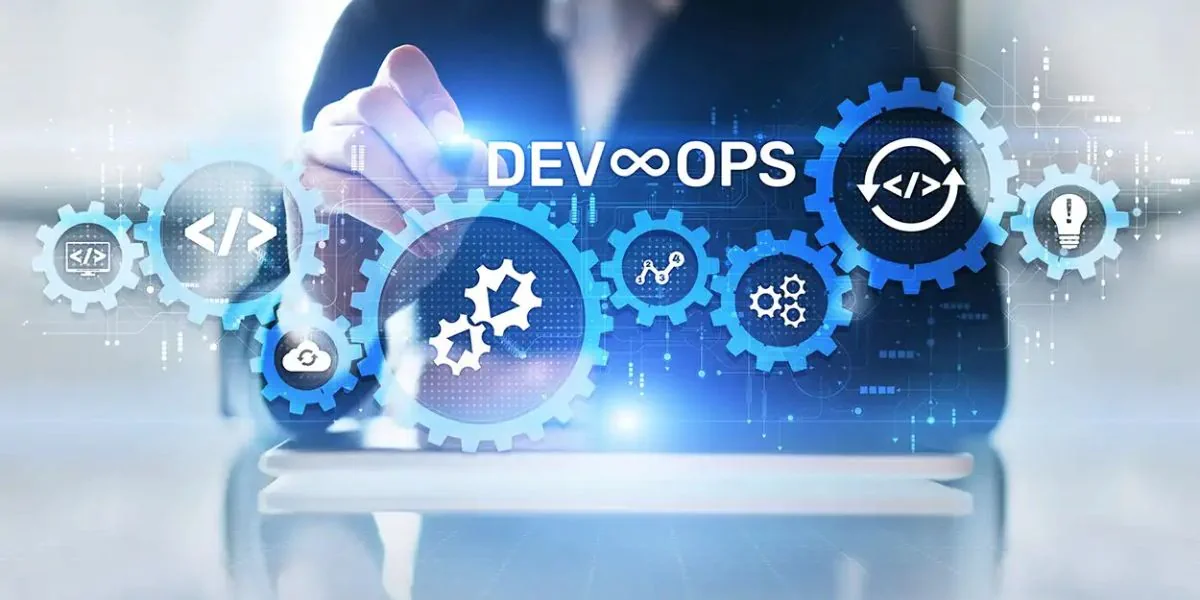- info@esktec.com
- +91 99496 83414
DevOps
- Home
- Technologies
- DevOps
Accelerate Innovation ESK Technologies' DevOps Excellence
Maximize efficiency and agility with Esk Technologies’ DevOps solutions. From continuous integration and deployment to automated testing and infrastructure as code, our expert team ensures seamless collaboration and accelerated software delivery. Streamline your development processes and drive innovation with Esk Technologies’ DevOps expertise.

Version Control Systems (VCS):
Version control systems such as Git, Subversion (SVN), and Mercurial enable teams to manage and track changes to source code efficiently. They provide features for branching, merging, and version history tracking, facilitating collaboration among developers.
Continuous Integration (CI) Tools:
CI tools such as Jenkins, CircleCI, Travis CI, and GitLab CI automate the process of integrating code changes from multiple developers into a shared repository. They build, test, and validate code changes automatically, providing rapid feedback to developers.
Continuous Deployment (CD) Tools:
CD tools automate the deployment of software applications and services to production environments after successful testing. Tools like Spinnaker, AWS CodeDeploy, and Octopus Deploy enable automated release pipelines, versioning, and environment management.
Configuration Management Tools:
Configuration management tools automate the provisioning, configuration, and management of infrastructure and application environments. Tools such as Ansible, Puppet, Chef, and SaltStack use code-based configurations to ensure consistency and repeatability across environments.
Containerization Technologies:
Containerization technologies such as Docker, Kubernetes, and Docker Swarm package applications and their dependencies into lightweight, portable containers. They enable consistent deployment across different environments, scalability, and resource isolation.
Infrastructure as Code (IaC):
IaC tools enable the automation of infrastructure provisioning and configuration using code. Tools like Terraform, AWS CloudFormation, and Azure Resource Manager allow developers to define infrastructure resources declaratively, enabling infrastructure to be managed alongside application code.
Monitoring and Logging Tools:
Monitoring and logging tools provide visibility into the performance, availability, and health of applications and infrastructure. Tools such as Prometheus, Grafana, ELK Stack (Elasticsearch, Logstash, Kibana), and Splunk collect, analyze, and visualize metrics and logs to facilitate troubleshooting and performance optimization.
Collaboration and Communication Tools:
Collaboration and communication tools facilitate communication and collaboration among DevOps teams. Tools such as Slack, Microsoft Teams, Jira, Confluence, and Asana provide features for chat, task management, documentation, and project tracking.
Continuous Testing Tools:
Continuous testing tools automate testing activities throughout the software development lifecycle. Tools like Selenium, JUnit, TestNG, and Postman enable automated functional testing, unit testing, integration testing, and API testing.
Security and Compliance Tools:
Security and compliance tools help ensure that software applications and infrastructure meet security and regulatory requirements. Tools such as SonarQube, Twistlock, Checkmarx, and Qualys provide static code analysis, vulnerability scanning, and compliance checks.
Get in Touch
ASIA-PACIFIC OFFICE (India)
6th Floor, N Heights,
Hitech City – 500081, Hyderabad,Telangana,India.
Copyright © 2024 ESK Technologies, All Rights Reserved.
